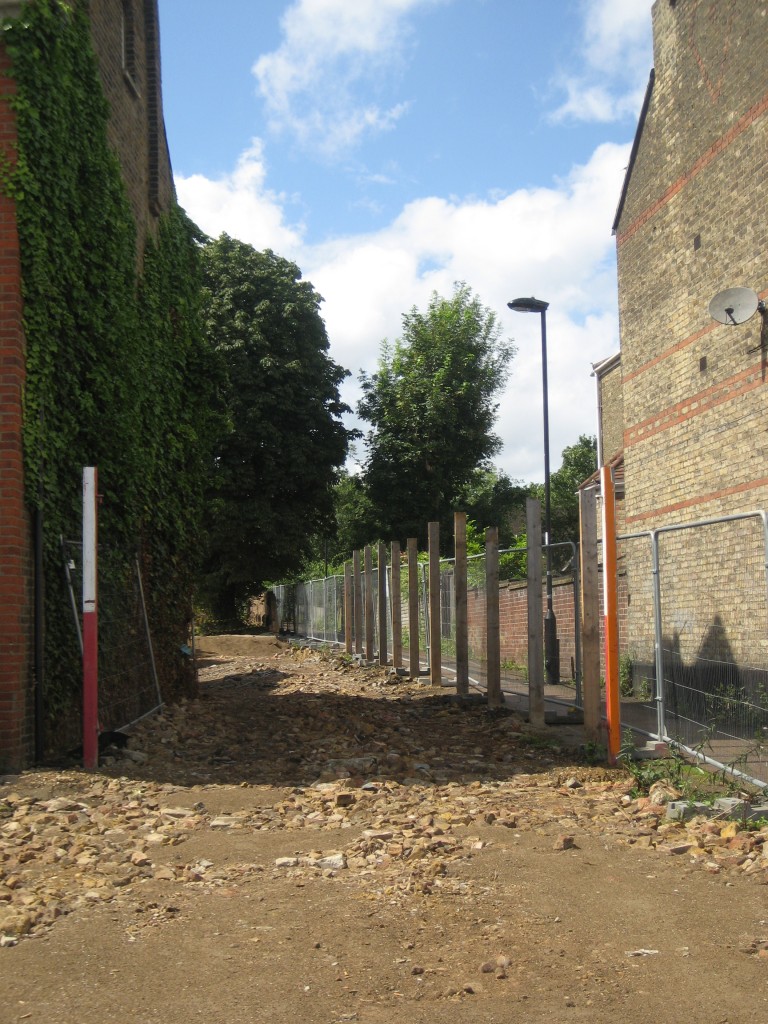There seems to be no new news on the fate of The Woodman.
Over 350 people have now signed the petition (have you? – see sidebar). According to discussions on the Woodman’s Facebook account and recent emails from the brewery to local residents, it seems that discussions are still on-going.
Meanwhile the issue of the closure or otherwise of The Woodman , and the general policy of the breweries towards their tenants is becoming a hot topic in the local press. In this week’s Enfield Gazette and Advertiser, Mark Leaver from Winchmore Hill writes of the experiences of his family when they ran the Salisbury Arms. At that time new rent was negotiated every three years and an acceptable figure was agreed by both parties. The breweries were fair in in what the charged for their products, so in turn an affordable price was charged to customers – result, the pubs were able to survive as viable businesses.
Now, he explains,
“tenants are tied to buying draught beer, cider, all bottle of wine, spirits and minerals from their respective landlords at grossly inflated prices…. As a free trader you can buy 11 gallons of lager for £95, as a tenant you will have to pay £200 for the same barrel.
“As a tenant you have to pay rent. As a rule of thumb your rent is approximately 10-12% of turnover. But as pubs struggle and takings reduce, your rent [to the brewery] doesn’t.
If you contact your business development manager trying to negotiate more reasonable prices, you are told that it is bad management on your part. How far from the truth that is.”
Solving it isn’t rocket science says Lever. It simply takes political will: Supermarket prices of alcohol should be regulated and the prices breweries are allowed to charge tenant should be capped.
“The price of drinks would be reduced, bringing a tenanted house in line with the pub companies’ own managed houses and encouraging the return of customers, which in turn would directly kick start the survival of the great British pub.”
We aren’t sure about the stance of local MPs on this issue.
Emails sent to David Burrowes (david@davidburrowes.com) more than three weeks ago have yet to receive an acknowledgement. Mr Burrowes may very reasonably feel that he can’t get involved in the specific issues surrounding The Woodman, or indeed the other two local pubs which have closed this year (The Willow, Winchmore Hill Road and the White Hart, Chase Road).
But we hope he might have some interest in the way in which policies of breweries impact on his constituency and others up and down the country.



